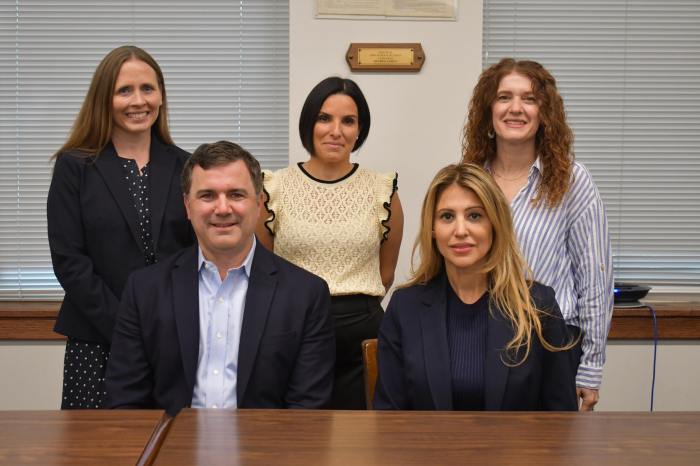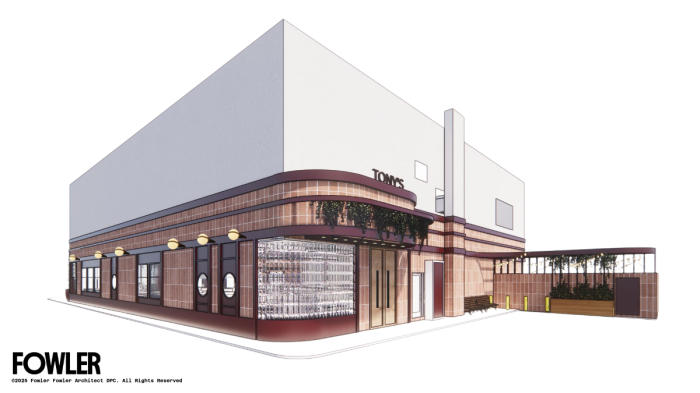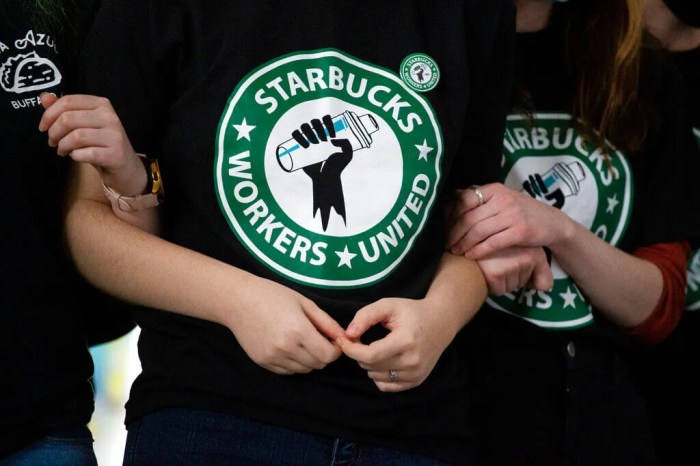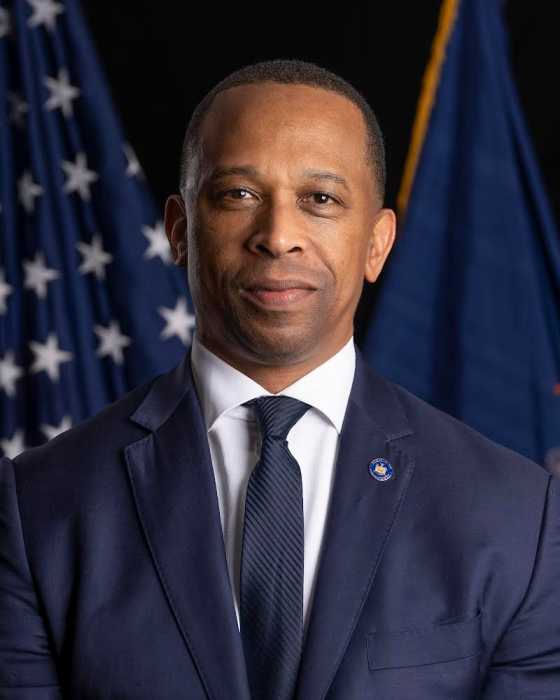Summer is here, everything is open and teen parties and celebrations are back. After enduring the challenges of the pandemic, our kids need and deserve to celebrate. Unfortunately, many parents will give alcohol to teens at some of these parties, even though it is unhealthy, unsafe and unacceptable to give alcohol to anyone under the age of 21.
For students who drink, studies show that the most common place to drink is in private homes. Though you may think youth are safe if they drink at home, the facts say that providing alcohol to underage drinkers’ backfires.
In “Parenting to Prevent Childhood Alcohol Use,” a publication by the National Institute on Alcohol Abuse and Alcoholism (NIAAA), it is stated that some parents wonder if allowing their kids to drink at home can help them develop “an appropriate relationship with alcohol.”
“In a study of sixth, seventh and eighth graders, researchers observed that students whose parents allowed them to drink at home and/or provided them with alcohol experienced the steepest escalation in drinking,” the NIAAA article says.
Giving teens alcohol increases their risk of addiction, injury and death. It can interact with their medications, harm their brain’s development and can lead to other risky behavior or injuries. Far more effective than allowing drinking at home is to model good drinking behavior and to have strict rules about underage drinking, the NIAAA found.
Underage drinking and social hosting are against the law. Both can cause disastrous effects to our youth, families and the greater community. The Nassau County Social Host Law states that you and/or anyone over the age of 18 are breaking the law if you give alcohol, marijuana or opiates to your teen’s friends who are under the age of 21, under any circumstance. Also, if you and/or anyone over the age of 18 knowingly allow them to remain in your home or on your property while consuming or possessing alcoholic beverages, marijuana and opiates, you are subject to prosecution under the Social Host Law. A Social Host Law violation is a misdemeanor—a criminal conviction punishable by progressive fines and penalties. In addition, you can be sued civilly for any damage or injury that occurs as a result of the underage drinking.
Parents protect yourselves and your kids—don’t be a party to teenage drinking. Giving kids alcohol does not help them learn to drink responsibly. It teaches them that their parents are okay with them drinking, which only encourages them to push those boundaries further and to experiment more. There is no safe way to drink underage. Our community is so proud of our young people; do your part to ensure safe celebrations and keep our community safe for everyone.
—Connie Bruno, Manhasset CASA

































